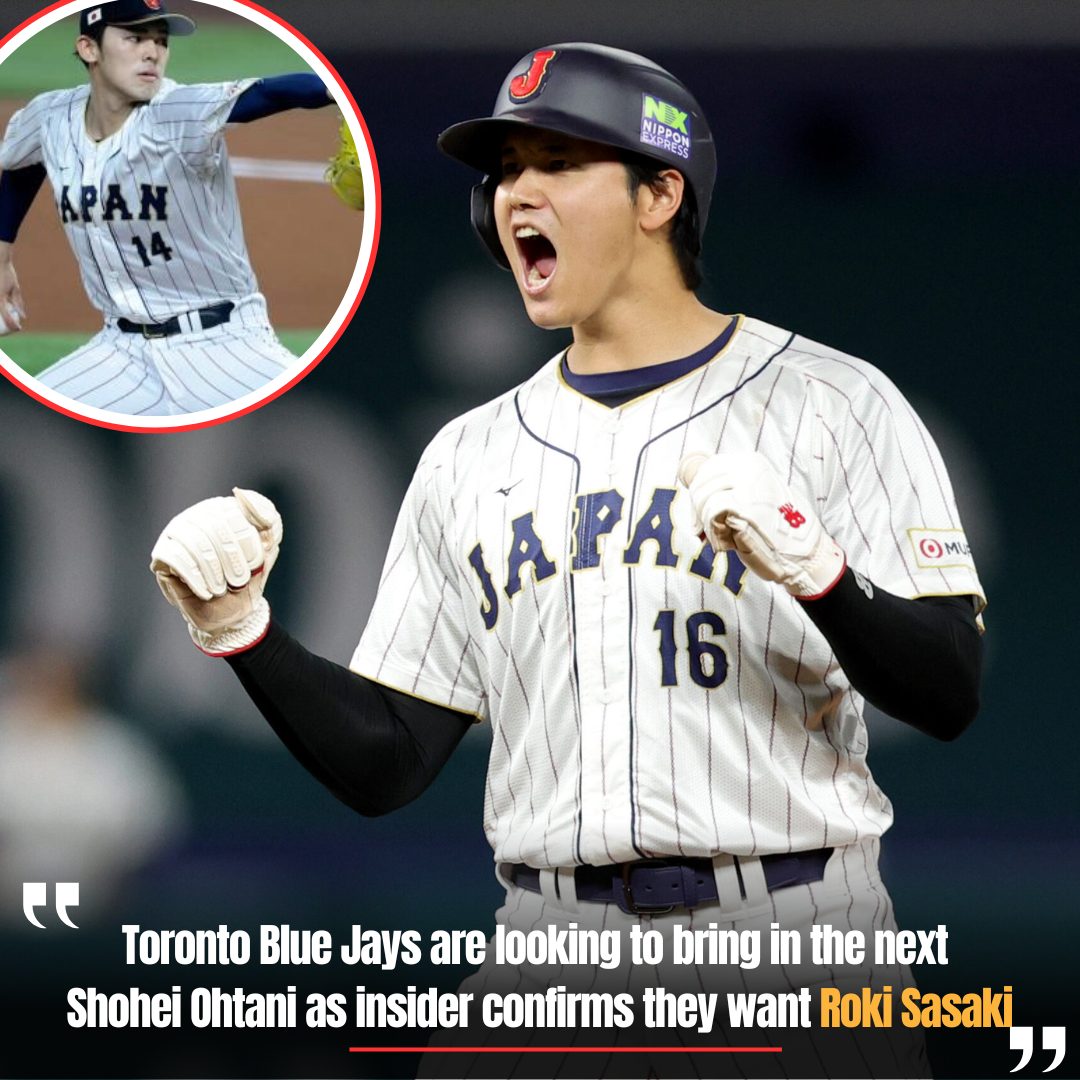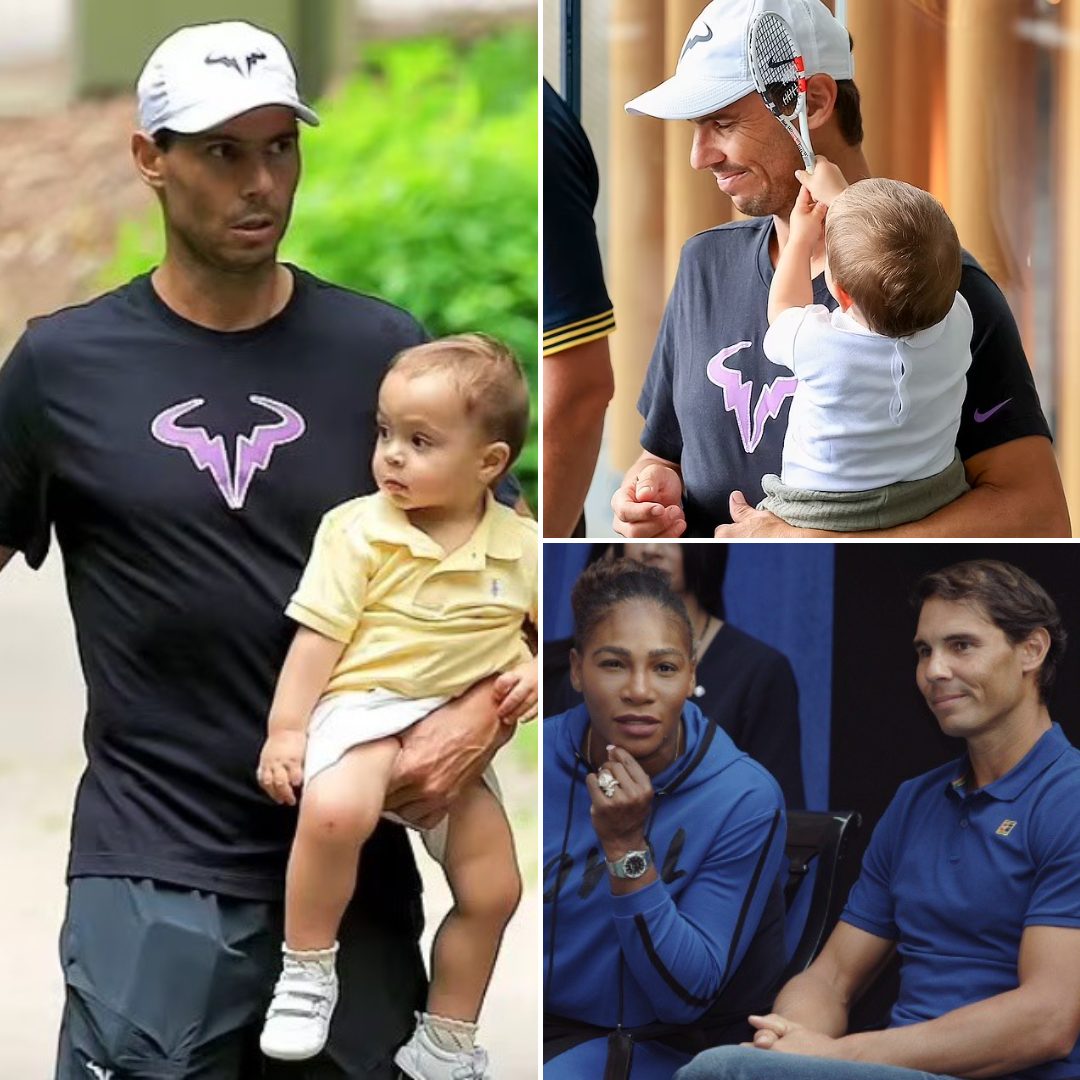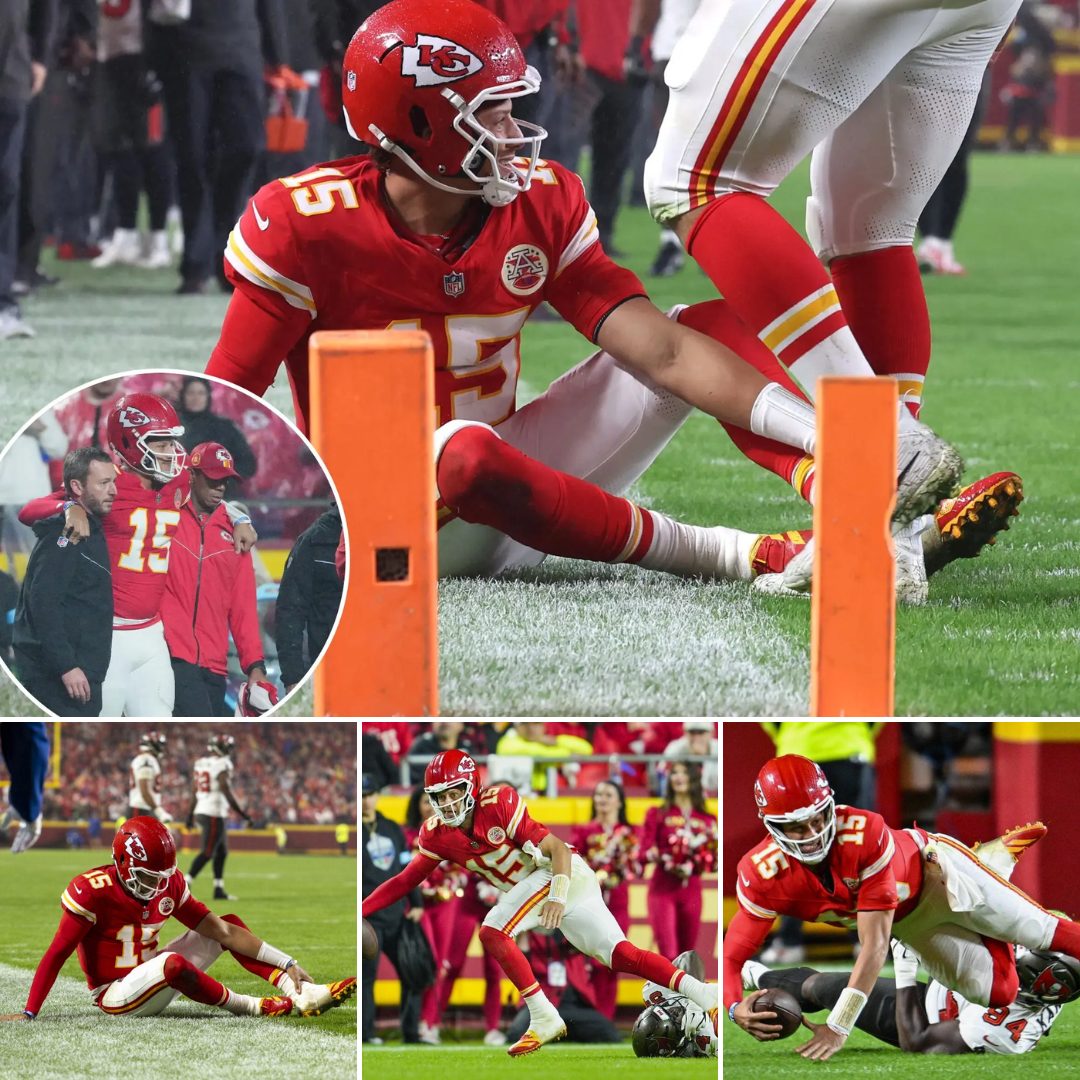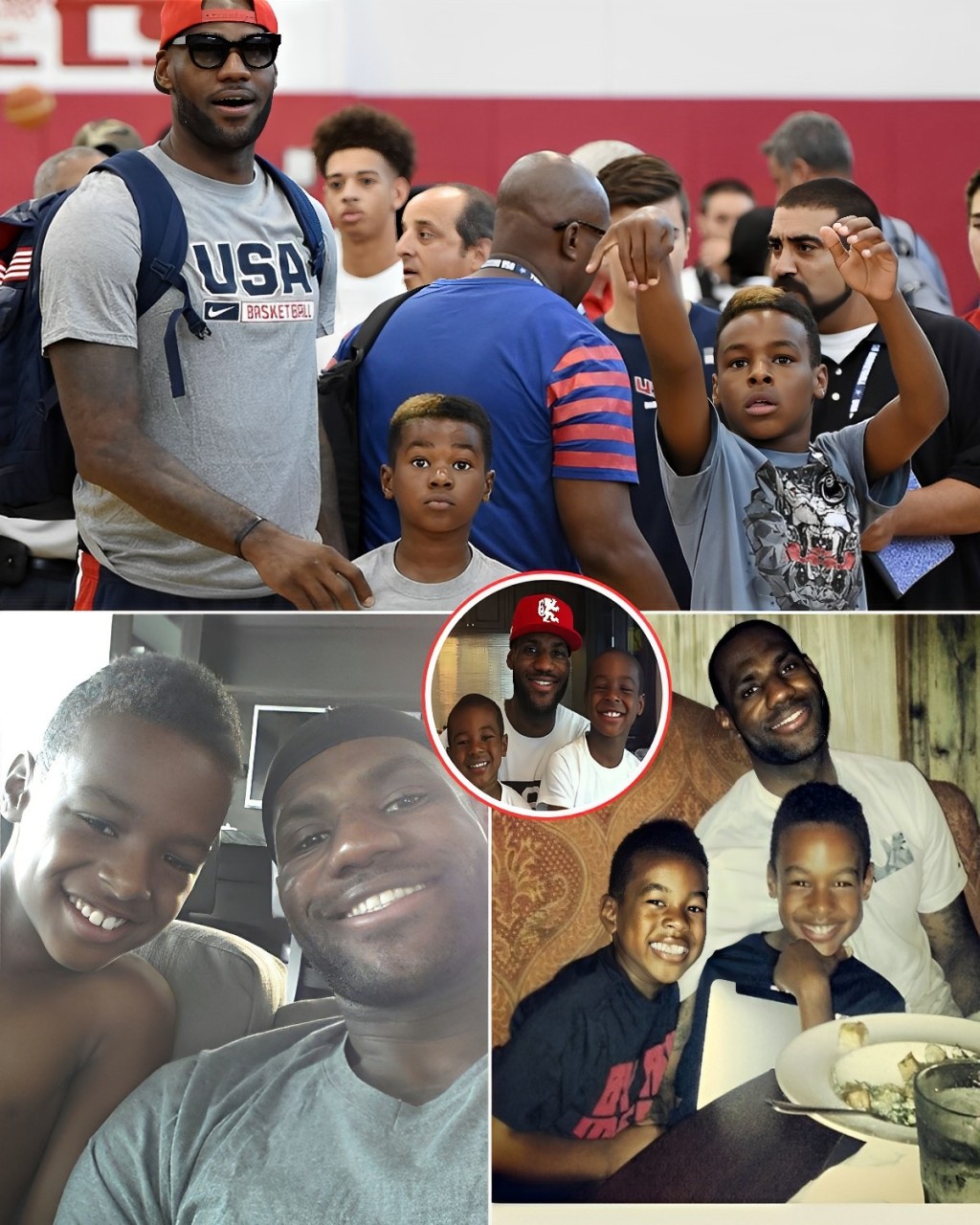The Golden State Warriors didn’t finish at the top of the league in much last season, but they were No. 1 in luxury tax payments.

Unofficially, the Warriors will owe just under $177 million in luxury tax payments. Combined with their payroll of $206.8M, they paid roughly $8.33M per win.
They may not have gotten their money’s worth, but you can’t say that Golden State’s ownership group got cheap. The Warriors have now paid out over $678M in luxury taxes in the Joe Lacob/Peter Guber era, easily the most in NBA history. The second-place Los Angeles Clippers are more than a quarter billion behind with payments just over $400 million. The team has been paying the extra tax due to their status as “repeaters,” which ups a team’s luxury tax rate when they’re over the luxury tax in multiple years.
In general, Golden State hasn’t made many decisions that are purely tax-saving, aside from minor moves to dump contracts at the trade deadline, like Cory Joseph or Forever Warrior Brad Wanamaker. The one truly tax-avoiding move they made was letting Gary Payton II leave in free agency, though they turned around and traded for him seven months later.
But now the NBA’s new CBA contains penalties for high-spending teams that go beyond financial penalties. Now, when a team like the Warriors goes over the “second apron,” designated at $17.5 million over the luxury tax line, they’ll be restricted to what draft picks they can trade, prohibited from adding salary in trades, nor aggregating player salaries in trades.
That’s why some insiders expect the Warriors to get under the second apron, if not dropping under the luxury tax line entirely. While ownership hasn’t flinched at massive tax bills, they may hesitate to also suffer the roster-building limitations of another season as taxpayers.
How do they get under the tax? The easiest way is to waive Chris Paul’s $30M salary. The team can also save $5M by waiving Kevon Looney. But it may also mean there’s a cap on how much they’d be willing to pay Klay Thompson to bring him back if they need to stay under the tax line.
Whatever their decisions, it’s going to be a taxing offseason for Mike Dunleavy Jr. and Team Lacob.





